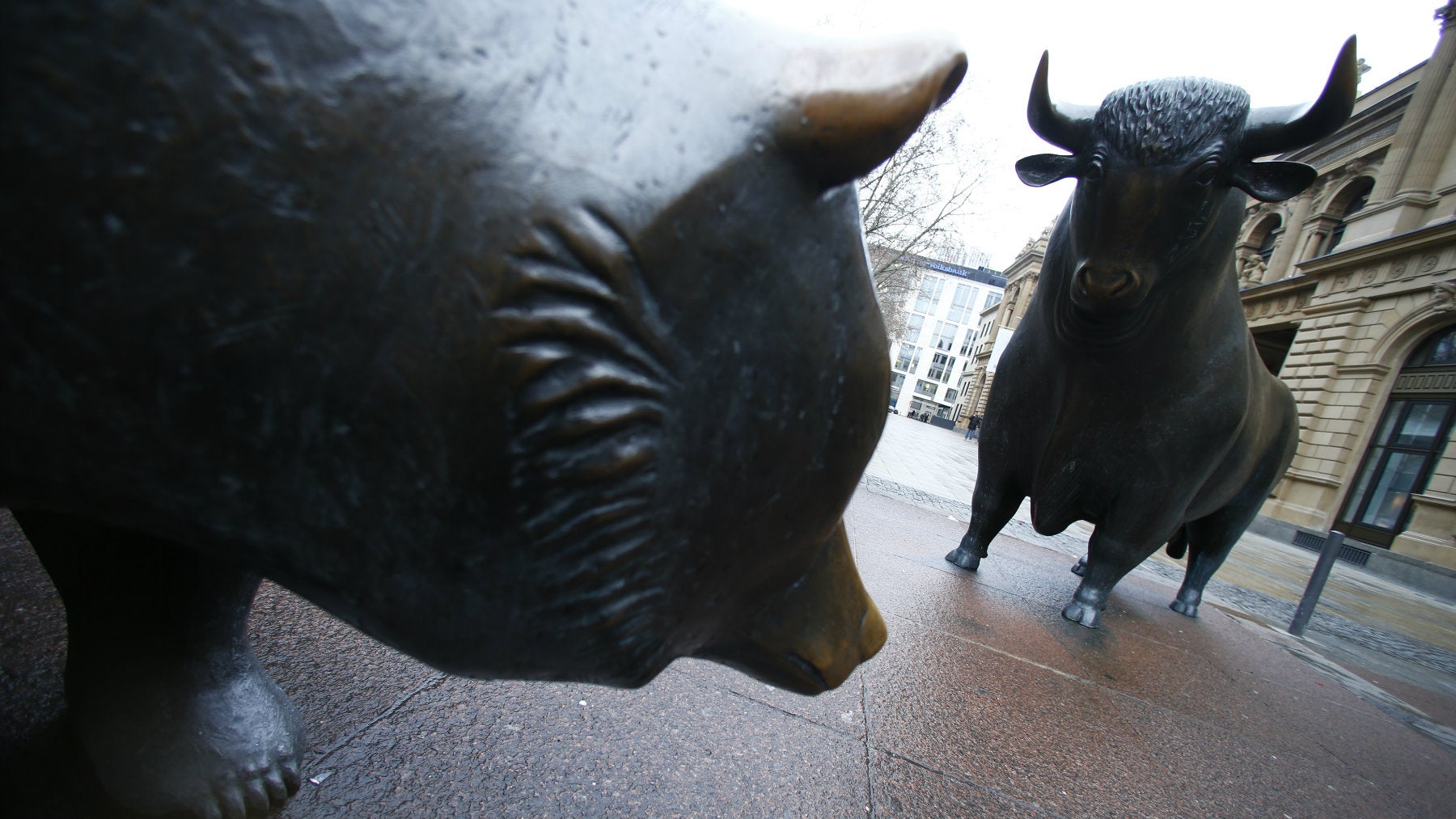Investors predict doom and gloom for just about every major economy
In the midst of the longest bull market in history, investors are starting to get nervous. What goes up must come down—but when?


In the midst of the longest bull market in history, investors are starting to get nervous. What goes up must come down—but when?
It could be soon. Sentix, a German research company, measures investor morale with a long-running monthly survey. Its latest poll found investor confidence in the euro-zone economy at a four-year low, with geopolitical concerns such as a no-deal Brexit, France’s “yellow vest” protests, and the latest Italian political crisis dragging down confidence. Things aren’t much better elsewhere, with confidence in the US and Japanese economies also plunging to multi-year lows.
As the Guardian reports, many are putting their money on a global recession in 2020. Since markets today are supposed to reflect future expectations, that means that the jitters emerging recently may be the start of something even nastier.
Last year, by at least one metric, was the worst for investors in a long time. Wall Street suffered its worst December since the Great Depression, while in China, the Shanghai composite index lost a quarter of its value in 2018.
Sentix’s index is an aggregate of investors’ future expectations and assessment of current conditions. By looking at these underlying components, you get a better sense of the nature of investors’ unease. Here, it’s pretty bleak: the gap between future expectations and current conditions is the widest it’s been, in many cases, for 10 years or more. For many of the world’s largest economies, investors think it’s all downhill from here.